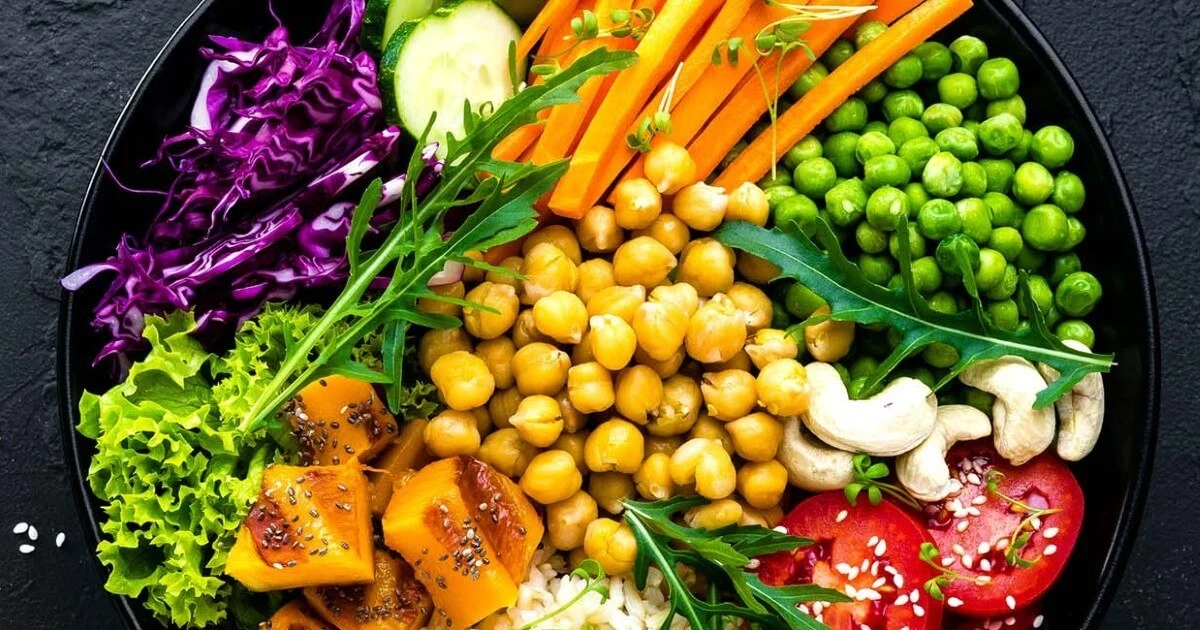Luke Matthew
Meet Luke Matthew, the SEO expert and content writer behind joannapaige.com. With a keen eye for optimization and a knack for captivating content, Luke ensures our website shines in search results and engages visitors with compelling fashion narratives. Trust Luke's expertise to drive organic traffic and elevate your fashion experience.


